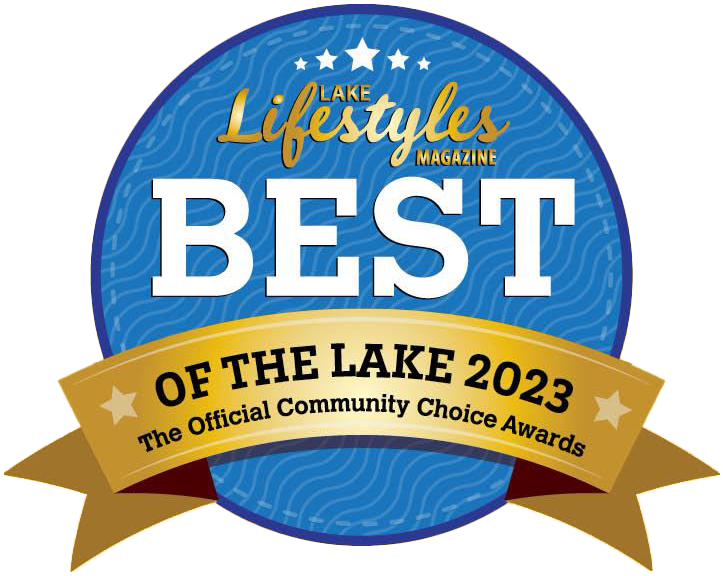Frequently Asked Questions
-
Why do I need softwater?
Soft water is essential for numerous reasons. Firstly, it significantly enhances laundry quality, resulting in clothes that are cleaner, softer, and retain their brightness. Additionally, it provides crystal clear, great-tasting drinking water. Another benefit is that dishes washed in soft water are free from unsightly spots. Soft water also reduces the need for harsh cleaning chemicals, making it a more environmentally friendly option. Importantly, it prevents calcium build-up in hot water heaters and appliances, which extends their lifespan and ensures they operate at peak efficiency. Overall, the advantages of soft water are clear in both the quality of household tasks and the longevity of home appliances.
-
Do water softeners waste water and salt?
When you are shopping for a water softener, be sure to check the specifications for efficiency. If sized properly, a water softener will only regenerate 1 or 2 times per week. Always look for an electronic demand softener that meters water usage and adjusts accordingly. With the use of new technology such as upflow brining and metered electronic demand, today’s water softeners are much more efficient than those of yesteryear. It is not uncommon for a good quality softener to use less than 2 pounds of salt and less than 30 gallons of water per regeneration. Remember this piece of trivia – the total amount of water used to manufacture a new car, including tires is 39,090 gallons. Softeners do not waste water!
-
Are water softeners expensive to operate?
A water softener is the only household appliance that can save you money. The cost of electricity is less than $6.00 per year. Soft water will help your appliances such as your water heater and dishwasher run more efficiently and last longer. Soft water also uses 50-70% less detergent for laundry and dishes. We can also save you hours of housework by eliminating mineral deposits and soap scum on your fixtures.
-
Should I buy an electronic or magnetic device to soften my water?
Do not be fooled!!! While a lot of these devices do exist, only water softeners soften water. In the industry, these magnets are referred to as “Descalers”, not softeners. They may be effective in certain applications as descalers, but they do not remove the hardness of the water. All of the benefits of softened water are forfeited. These items are sold with testimonials and a money back 90 day guarantee, but there is no scientific evidence to support their claims. If it sounds too good to be true, then it most likely is!
-
Can the discharge from a water softener’s regeneration damage my septic system or drain field?
In studies conducted by the University of Wisconsin in the late 1970s, it was confirmed that salt brine discharge from water softeners caused no problems in the operation of typical and newer-style home treatment plants. High concentrations of calcium and manganese in the softener backwash water have no effect on the biological functions occurring in the septic tank and may, in some cases be helpful. The additional volume of wastewater generated is added slowly to the wastewater stream and does not cause any hydraulic overload problems. (Corey et al., 1977)
-
Can you drink soft water?
Although many people believe soft water should not be drunk because of its sodium content, most do not realize how little sodium is in the water. Over 95% of our minerals come from our food and less than 5% from drinking water. The amount of sodium a water softener adds to tap water depends on the “Hardness” of your water. The higher the concentration of calcium and magnesium, the more sodium is needed to soften the water. Still, the amount of sodium in softened water that was originally very hard shouldn’t be cause for concern. (www.MayoClinic.com)



